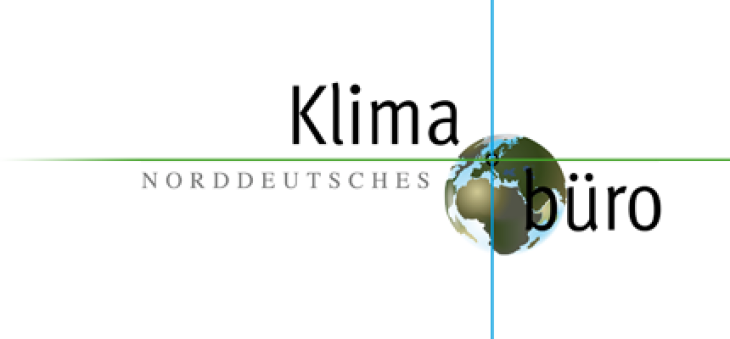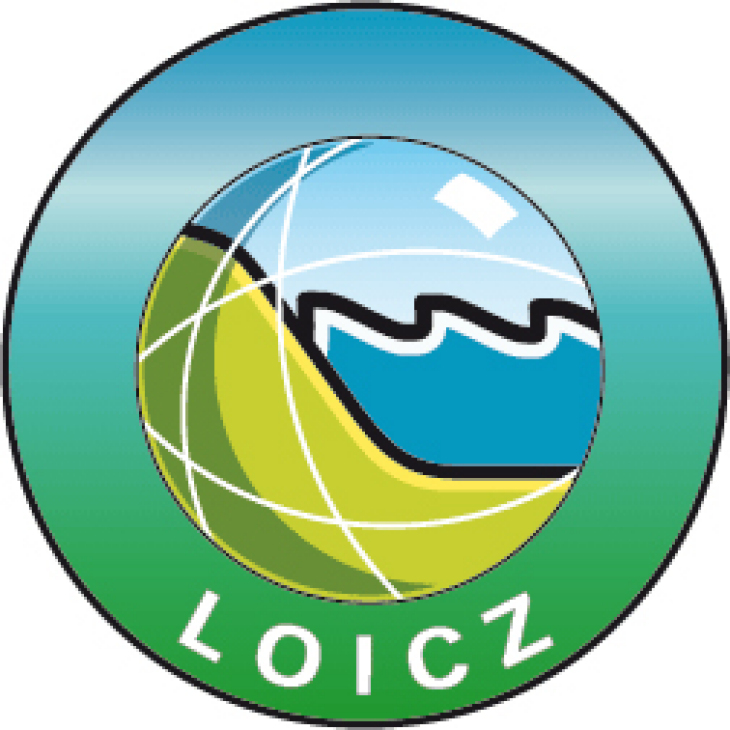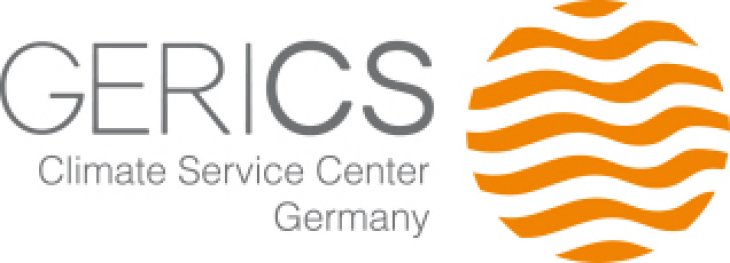Cooperations
International Council for the Exporation of the Sea (ICES)
The department Human Dimensions of Coastal Areas is involved in several activities of the International Council for the Exporation of the Sea (ICES) on Maritime Spatial Planning (MSP). Since 2010, Dr. Andreas Kannen has been serving as chair of the ICES Working Group on Marine Planning and Coastal Zone Management (WGMPCZM). Other staff members have regularly contributed to the working group. Further activities include co-chairing of sessions at the ICES Annual Science Conferences 2010 and 2012, co-authoring Cooperative Research Reports, initiating and co-chairing of ICES Workshops such as Quality Assurance of MSP (WKQAMSP) and Cultural Dimensions of Ecosystem Services (WKCES) and, recently Andreas Kannen and Roland Cormier lecturing an ICES Training Course on Marine/Maritime Spatial Planning (TCMSP). more
Particular reports with Hereon involve:
Laurence Mee Centre for Society and the Sea (LMC), Scottish Association of Marine Sciences
The department Human Dimensions of Coastal Areas cooperates topics such as Maritime Spatial Planning (MSP), cultural ecosystem services and renewable energies with the Laurence Mee Centre for Society and the Sea, a new interdisciplinary Centre for marine social-ecological research at the Scottish Association for Marine Science. The Centre was informally founded by Laurence Mee and formally launched on Nov 14, 2014. Its research focus follows three main threads: resilient communities, ecosystem services, as well as policy and governance. Hereon staff member Andreas Kannen is an associate to the LMC. A first joint project is MERIKA. more
Centre for Marine and Coastal Policy Research (MarCoPol), Plymouth University
The department Human Dimensions of Coastal Areas cooperates with the Centre for Marine and Coastal Policy Research (MarCoPol) at Plymouth University in developing approaches to assess ecosystem services. Specifically a project to assess the ‘Cultural Significance’ of the Dart Estuary (Devon, UK) and its encompassing features and areas applies and tests a methodology developed with contributions of both groups within the frame the International Council for the Exploration of the Sea (ICES) at a 2013 workshop: Mapping Cultural Dimensions of Ecosystem Services (WKCES) with the aim to increase the visibility of cultural values in Marine Spatial Planning. more
Department Geography and Planning, School of Environmental Sciences, University of Liverpool
The department Human Dimensions of Coastal Areas cooperates with the University of Liverpool, in particular Stephen Jay, in research on Maritime Spatial Planning (MSP), socio-cultural place-based perspectives of the sea, and on cultural ecosystem services. Further elements of this cooperation include joint activities within ICES and the MSP Research Network.Dr. Kira Gee is honorary research associate at Liverpool University. more
Center for Earth System Research and Sustainability (CEN) at the University of Hamburg
The Center for Earth System Research and Sustainability (CEN) brings together the expertise of nine university institutes and facilities and is part of the KlimaCampus Hamburg. CEN links the natural and social sciences – in research, education, and in promoting and supporting the next generation of researchers – and combines resources to address far-reaching, cross-disciplinary questions. The Hereon department Human Dimensions of Coastal Areas cooperates with the CEN particularly in the research topic Energy Landscapes. more
Department of Integrative Geography, University of Hamburg
Linking the areas of physical and human geography as well as re-integrating both areas into research and teaching practice, as has often been discussed in the past, are the goals of this department. The team focuses on the interactions between humans and nature and the interdependency between the environment and society. more
North German Climate Office
Since 2006 the North German Climate Office of Helmholtz-Zentrum Hereon and KlimaCampus Hamburg provides an intensive dialogue between the public, regional decision-makers and climate scientists. Results of this dialogue are a network and the North German Climate Atlas as well as a report on climate change in the metropolitan area of Hamburg. more
Project team A-KÜST, Leuphana University Lüneburg
The socio-scientific subproject "perception and cooperation" of the research project A-KÜST organizes and analyzes the process of development and assessment of climate change adaptation strategies in the Ems Dollart region. The aim of the subproject is a better understanding of the web of relationships in coastal science, public and decision-makers. In the course of the project options for sustainable coastal planning shall be figured out. more
Land-Ocean Interactions in the Coastal Zone (LOICZ)
LOICZ is a core project of the International Geosphere-Biosphere Programme (IGBP) and the International Human Dimensions Programme on Global Environmental Change (IHDP).
LOICZ aims to provide science that contributes towards understanding the Earth system in order to inform, educate and contribute to the sustainability of the world’s coastal zone. Therefore LOICZ seeks to inform the scientific community, policymakers, managers and stakeholders on the relevance of global environmental change in the coastal zone.
more
Climate Service Center Germany (GERICS)
A team of natural scientists, economists, political scientists and communication-specialists are working at the Climate Service Center Germany (GERICS). Their tasks are refining the knowledge derived from climate research in a practice-orientated way and conveying the findings to decision-makers in politics, administration, economy and for the broad public. more










